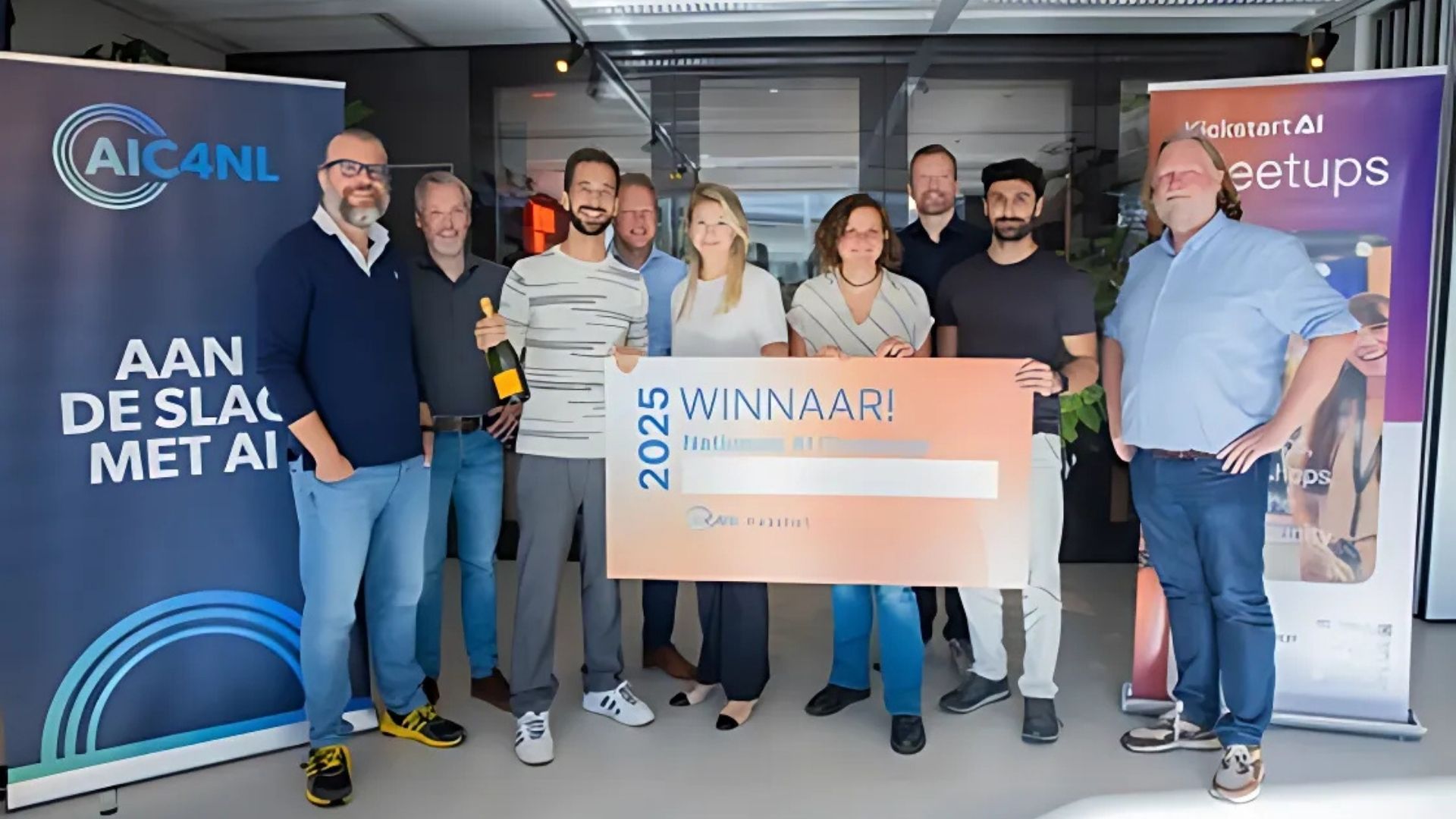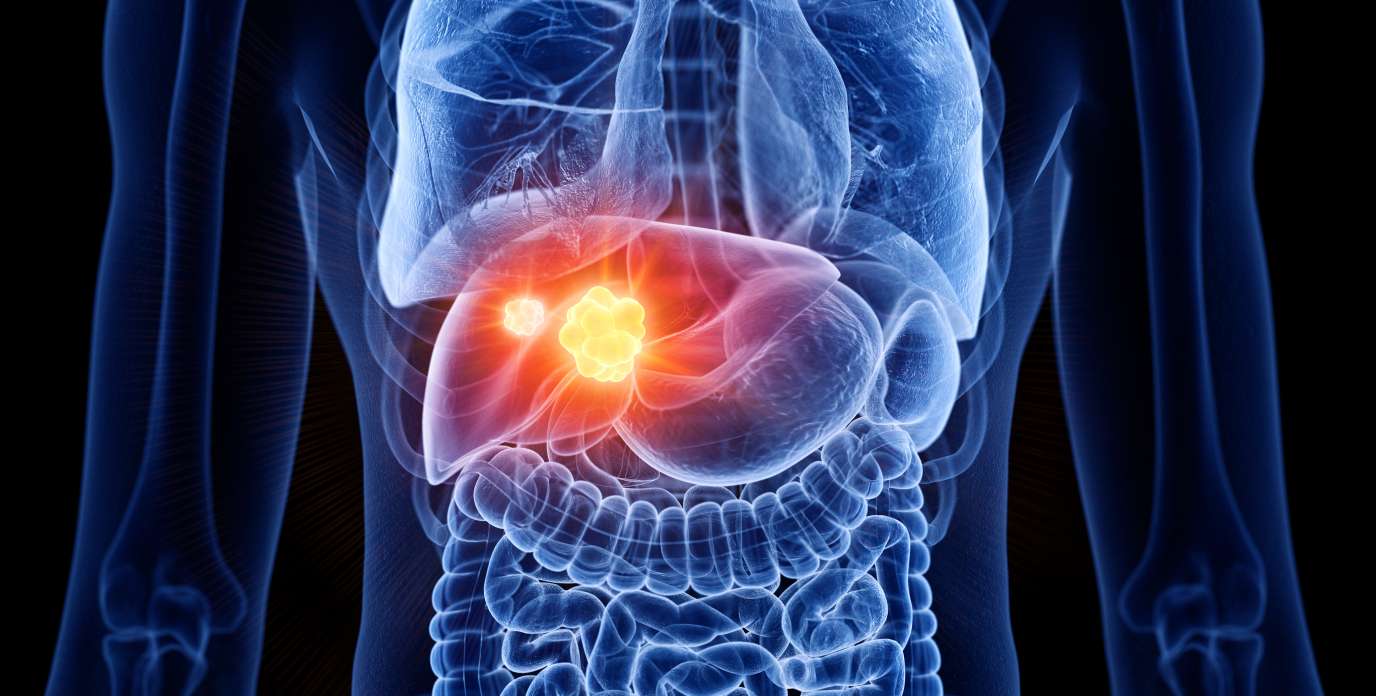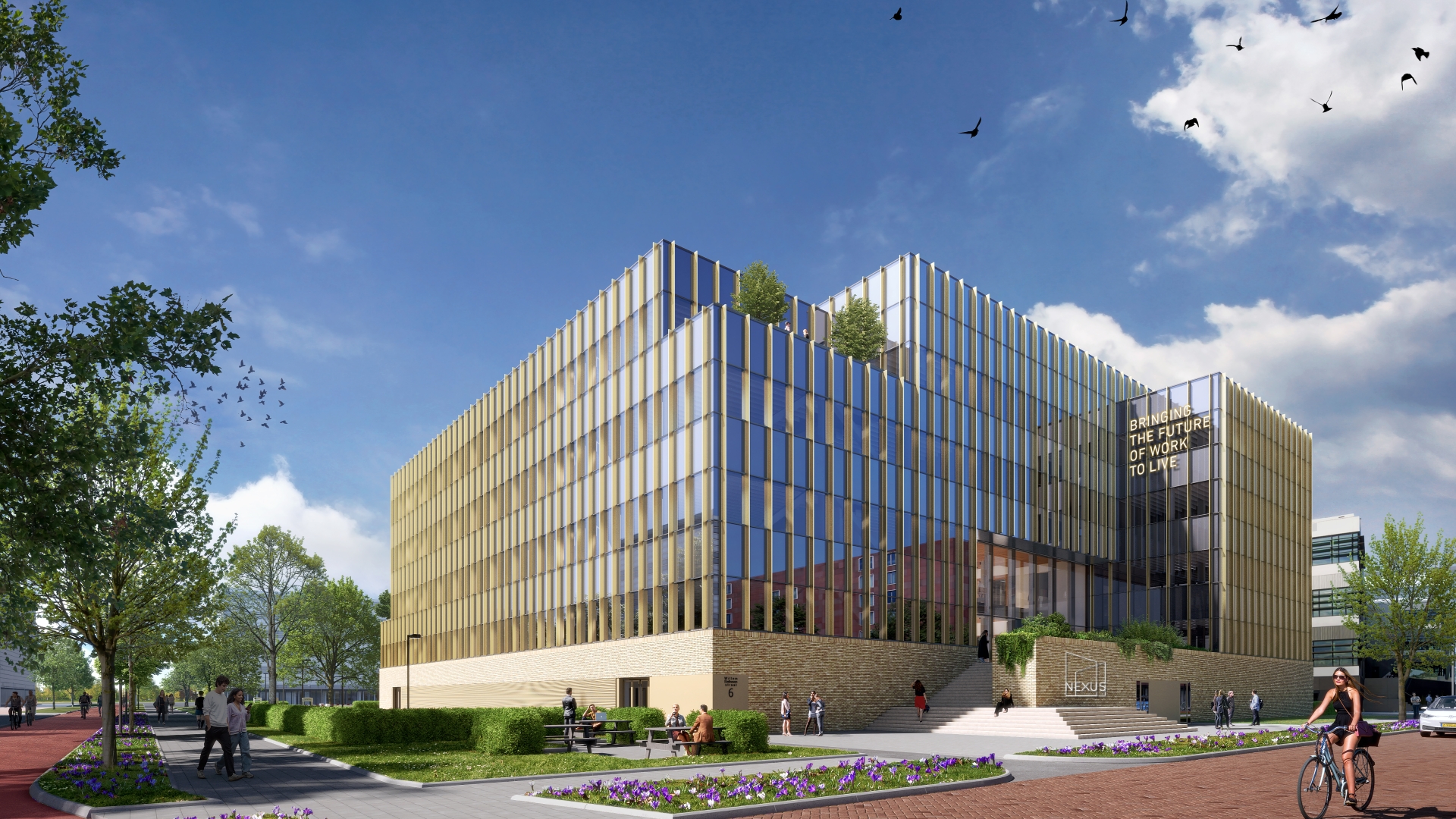Leiden University Medical Center (LUMC), via its Cairelab initiative, together with the Dutch Police, have been declared winners of the National AI Challenge 2025, organized by KickstartAI and the AI Coalition for the Netherlands (AIC4NL).
What they won for:
-
LUMC’s winning case: automatic generation of structured wound reports from photographs. The goal is to reduce administrative burden on nurses and improve care quality.
-
Police’s winning case: development of an AI tool to clarify complex environmental legislation and help researchers make more effective use of existing laws, aiming to tackle environmental offenses better.
Next steps:
-
Over the coming months, the two winners will work with AI experts and software developers from KickstartAI to build and integrate their AI solutions into their respective digital infrastructures.
-
There is emphasis on practical usability in the field.
-
Results and learnings will be shared publicly to support broader adoption of AI in both public and private sectors in the Netherlands.
About the Challenge:
-
The National AI Challenge opened on 23 April 2025, calling for AI use cases. Entries were judged on relevance, societal impact, scalability, and quality of data.
-
Finalists included: the Municipality of The Hague; the Institute for Responsible Medicine Use; two teams from LUMC (Cairelab and the Emergency Department); and the Police.



